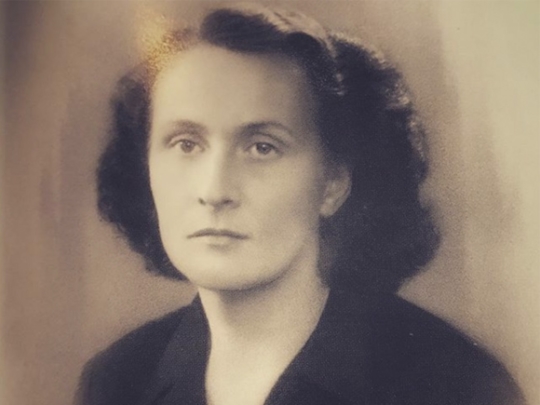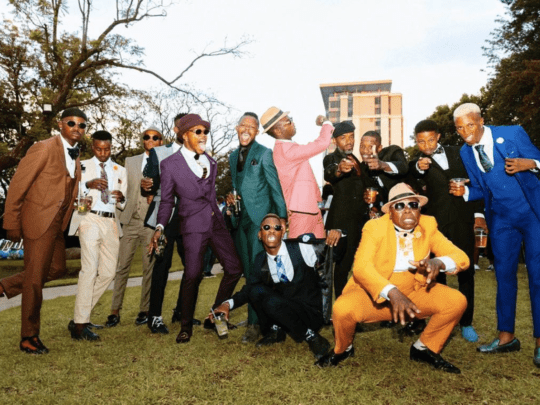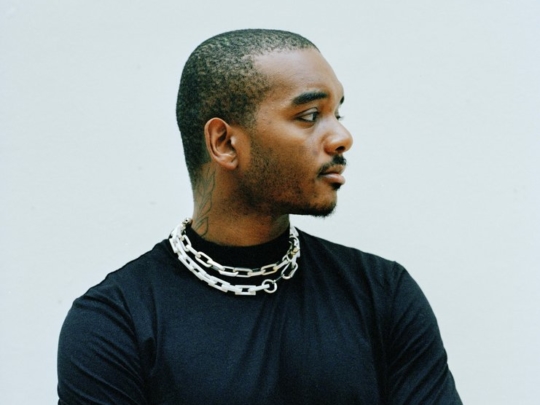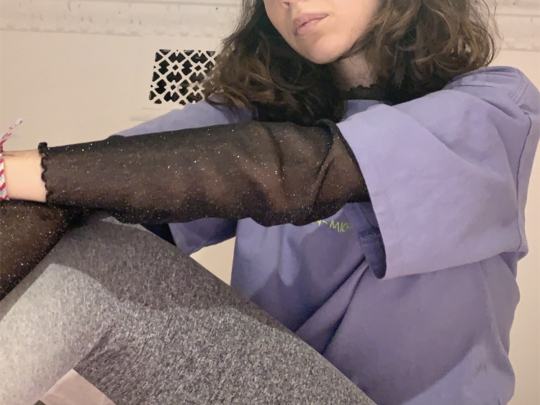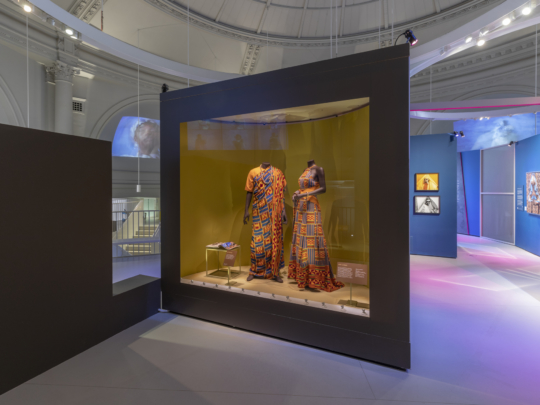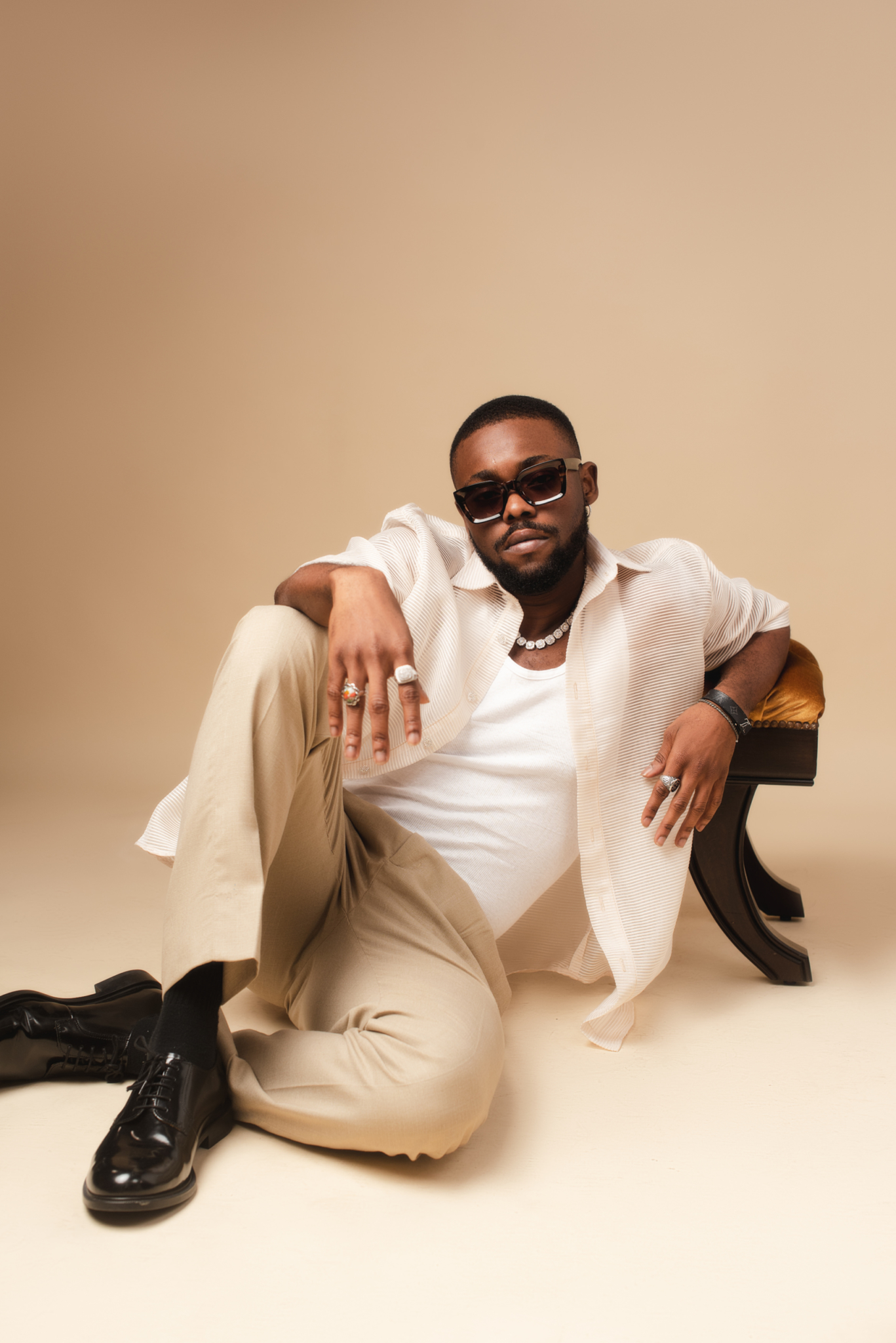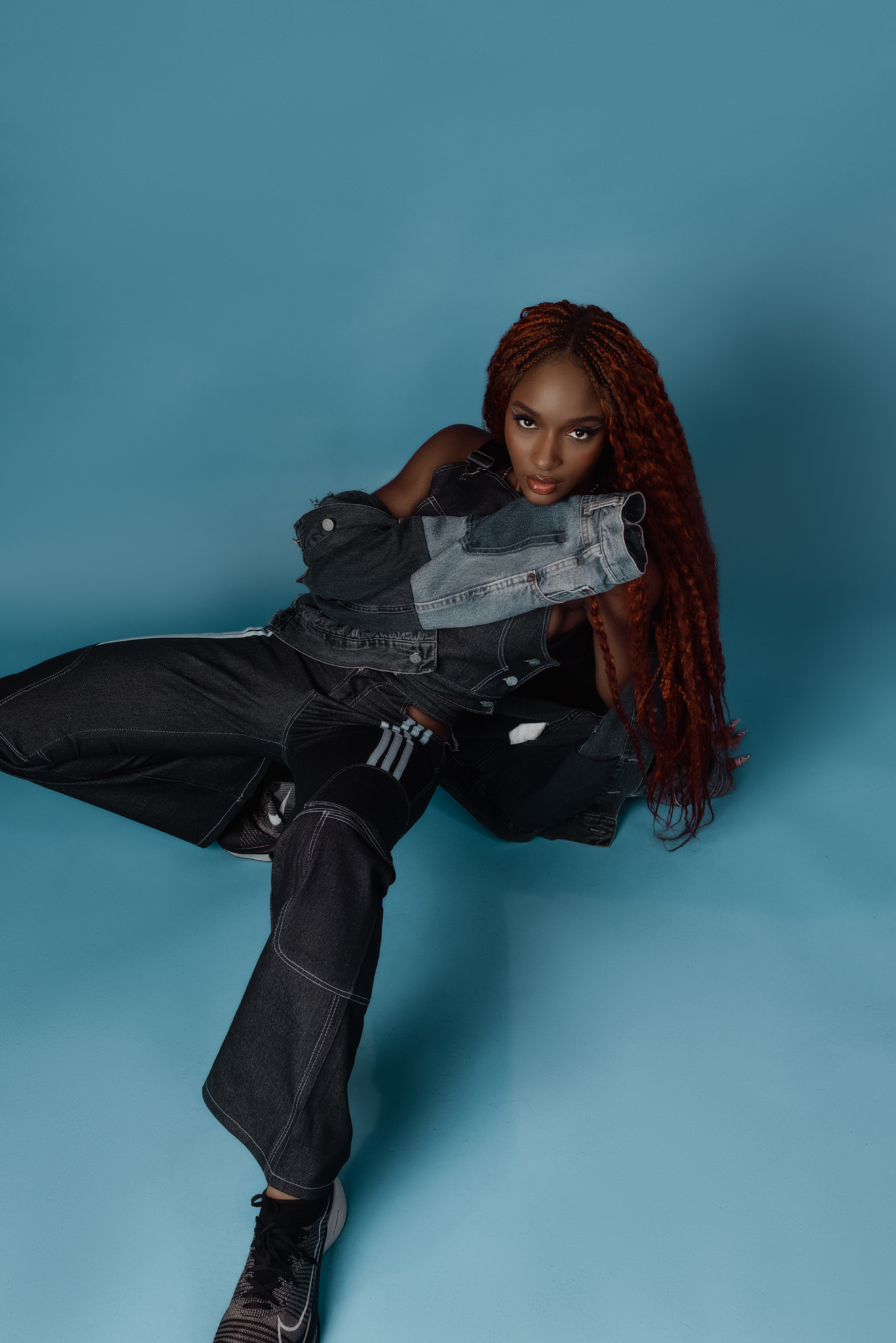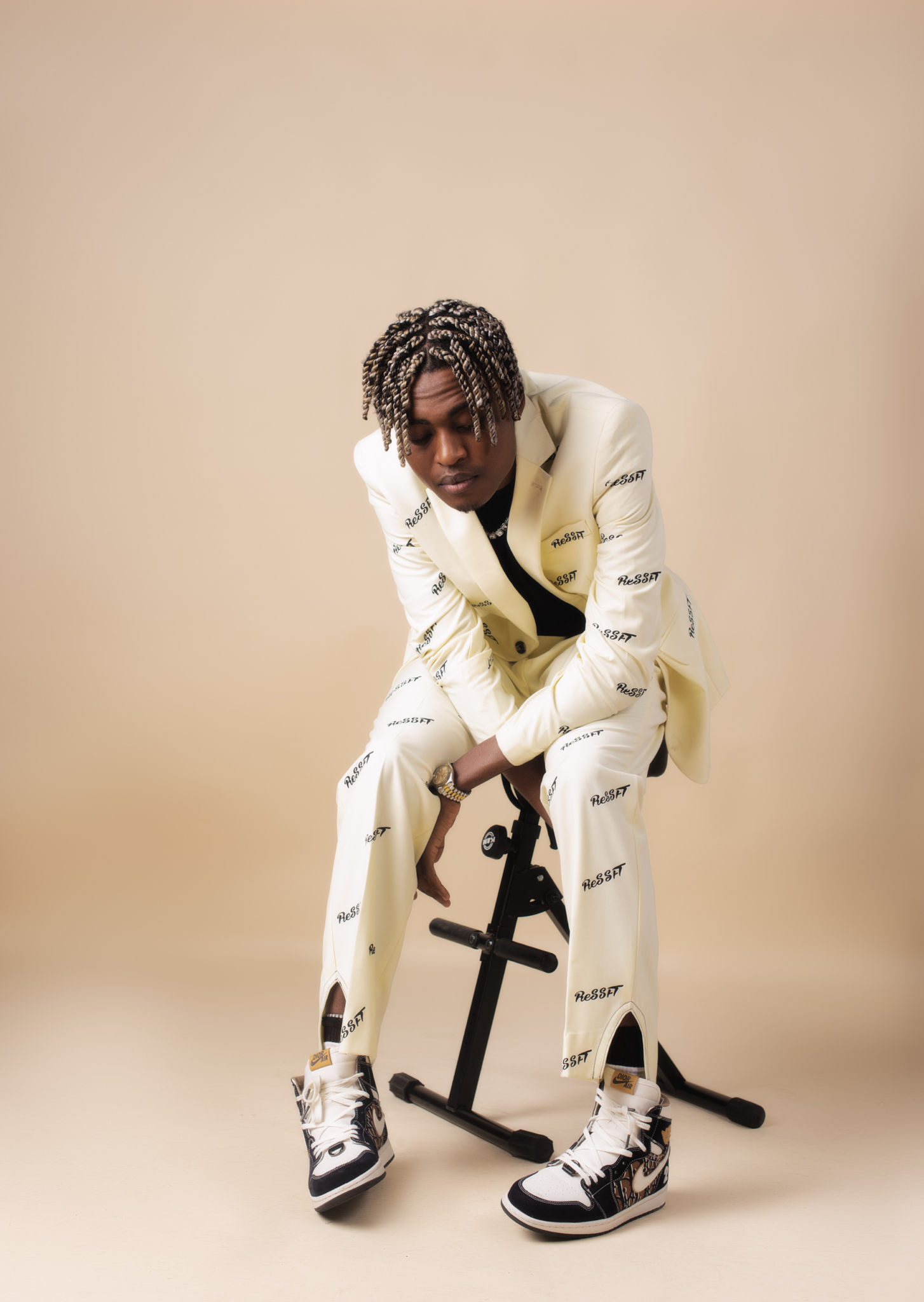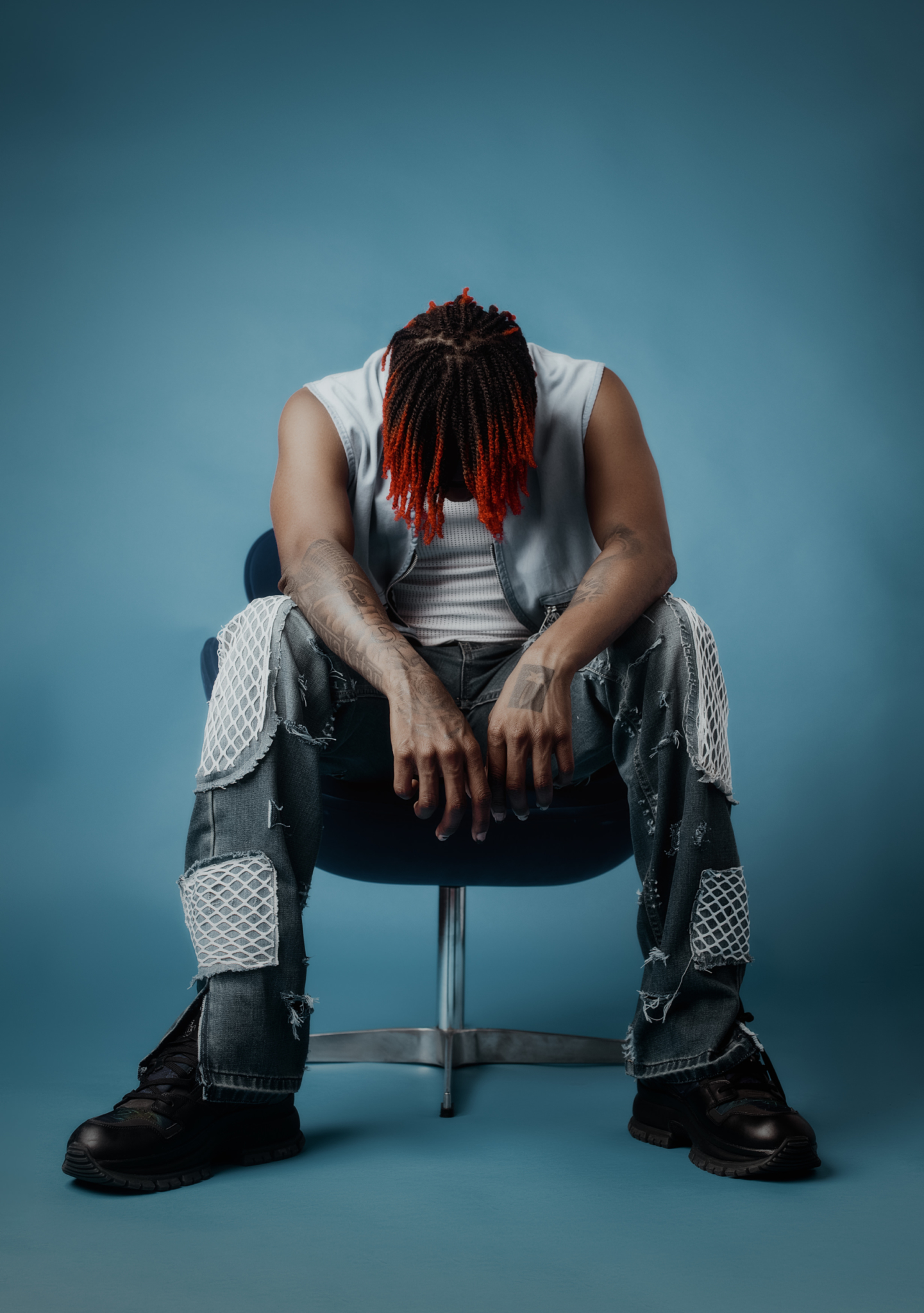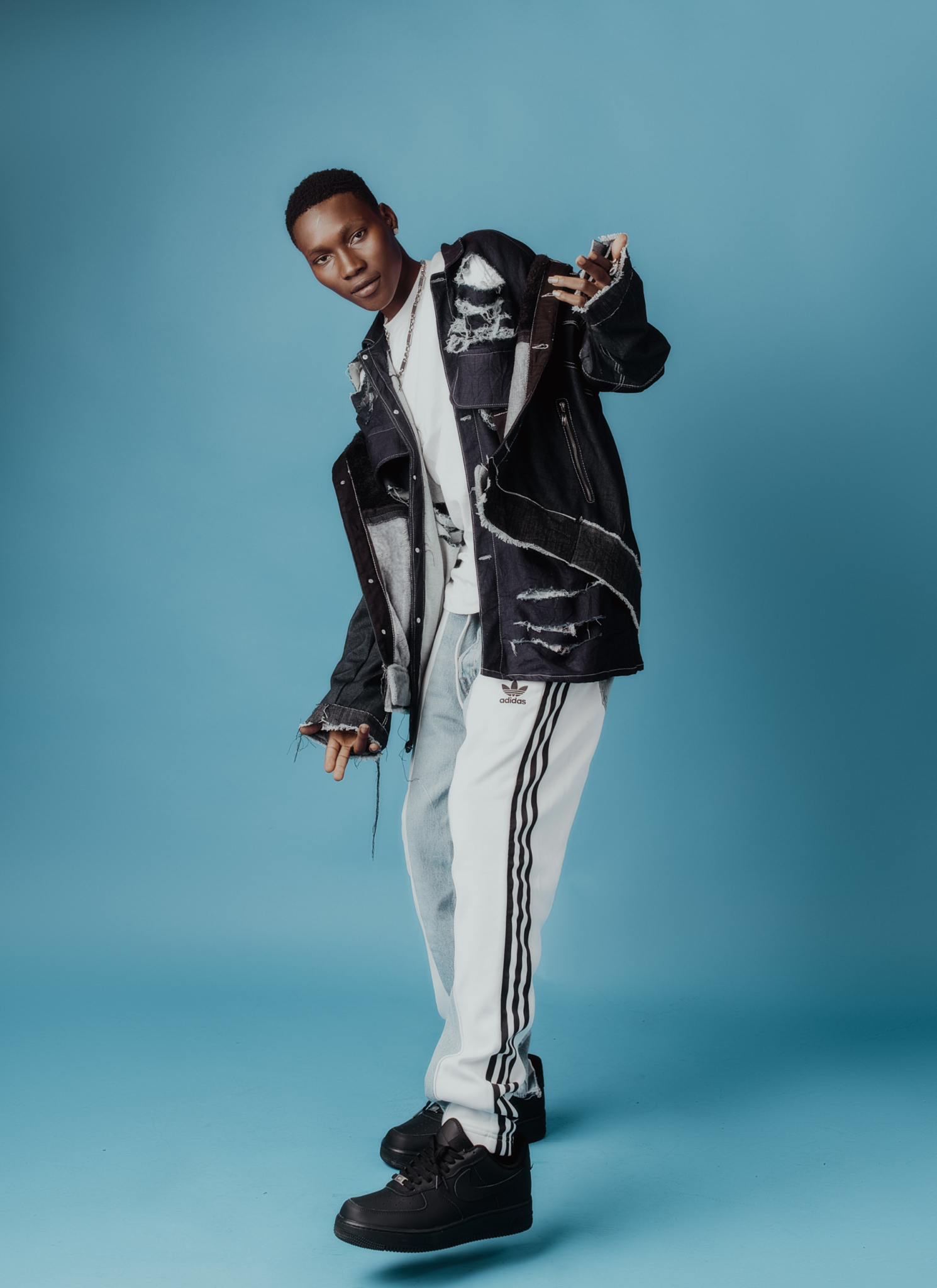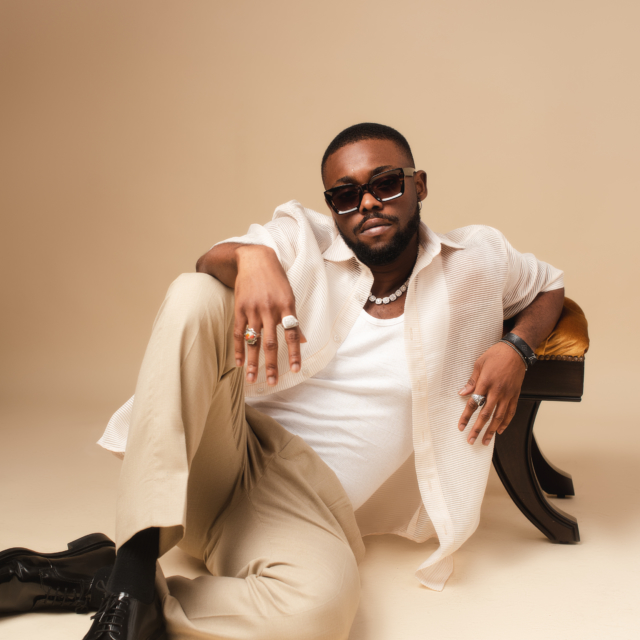“My music travel no visa,” sings Wizkid in his song No Lele. Afrobeats is everywhere. Nigerian musicians, including Wizkid, Burnaboy, Davido and more, are registering in music charts worldwide, collaborating with megastars such as Beyoncé and Drake, creating explosive TikTok sounds and being nominated for – and even winning – Grammys.
But the fusion genre, blending Afrobeat, Highlife, Dancehall, HipHop and RnB, is having an influence further than that.
Consider the fashioning of these new icons. The world’s luxury brands are clamouring to dress its top stars – examples include Wizkid walking a Dolce & Gabbana menswear show and Botter making a suit for Burnaboy’s Grammy performance in March 2021. They’re attracted by the extravagance and evident gusto for life that Africa and its contemporary talent has. Not to mention the spending power of an emerging market with a growing fashion industry.
